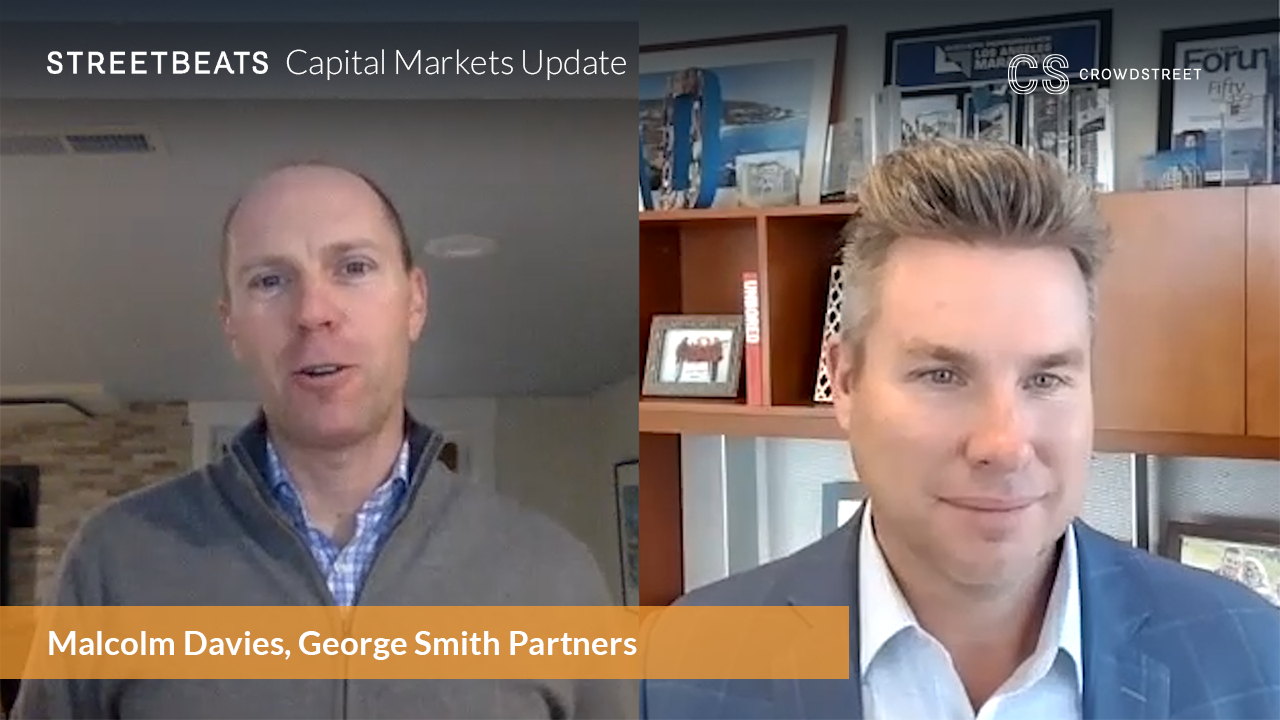
Crowd Street's Ian Formigle is joined by Malcolm Davies, Principal and Managing Director at George Smith Partners, to discuss the uptick in transactions in key markets like Phoenix and Denver, how the recent news of a vaccine has given investors, lenders and sponsors alike a timetable of when we could return to normal and how Amazon's recent entrance to the pharmaceutical business impacts a long-time player like CVS.